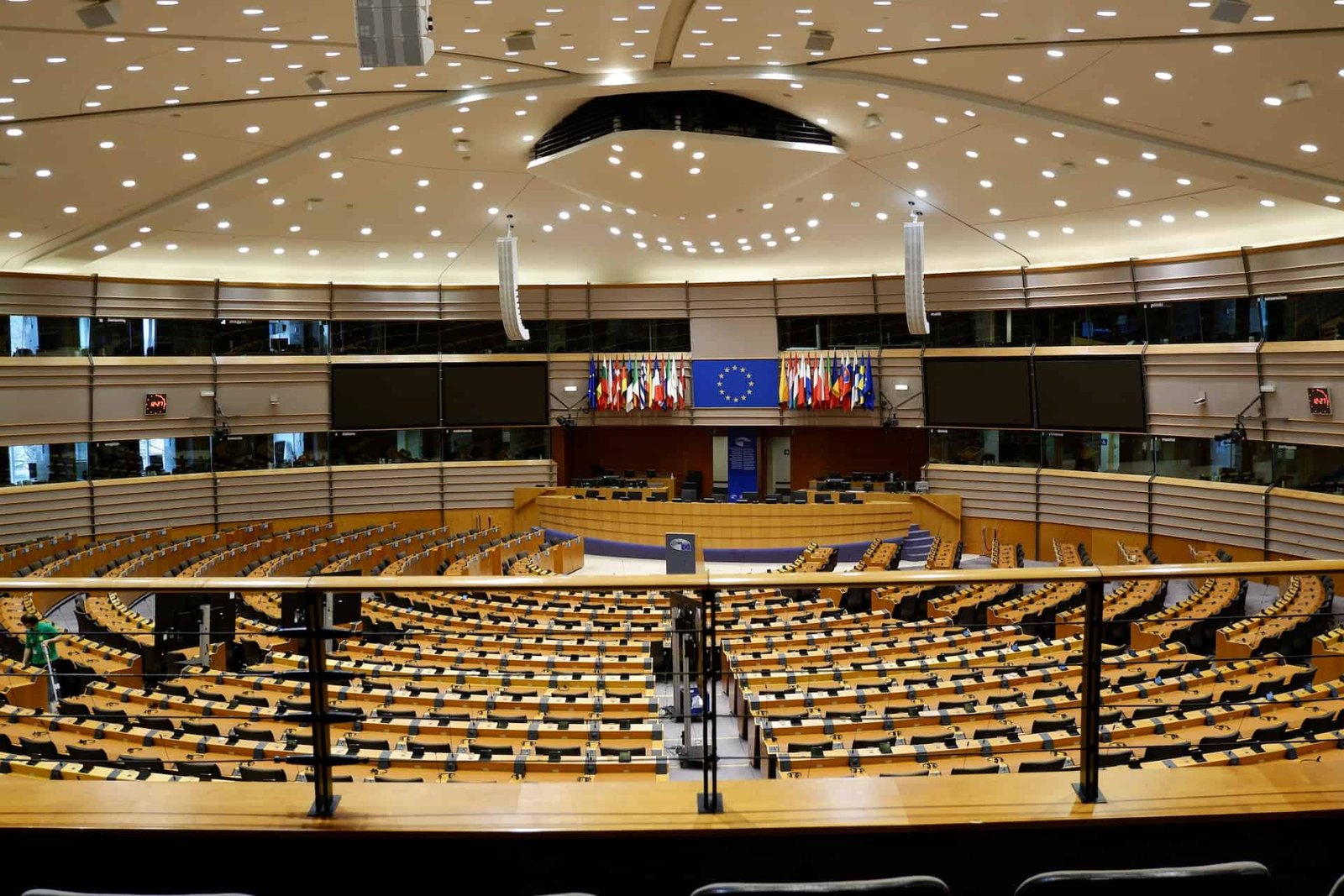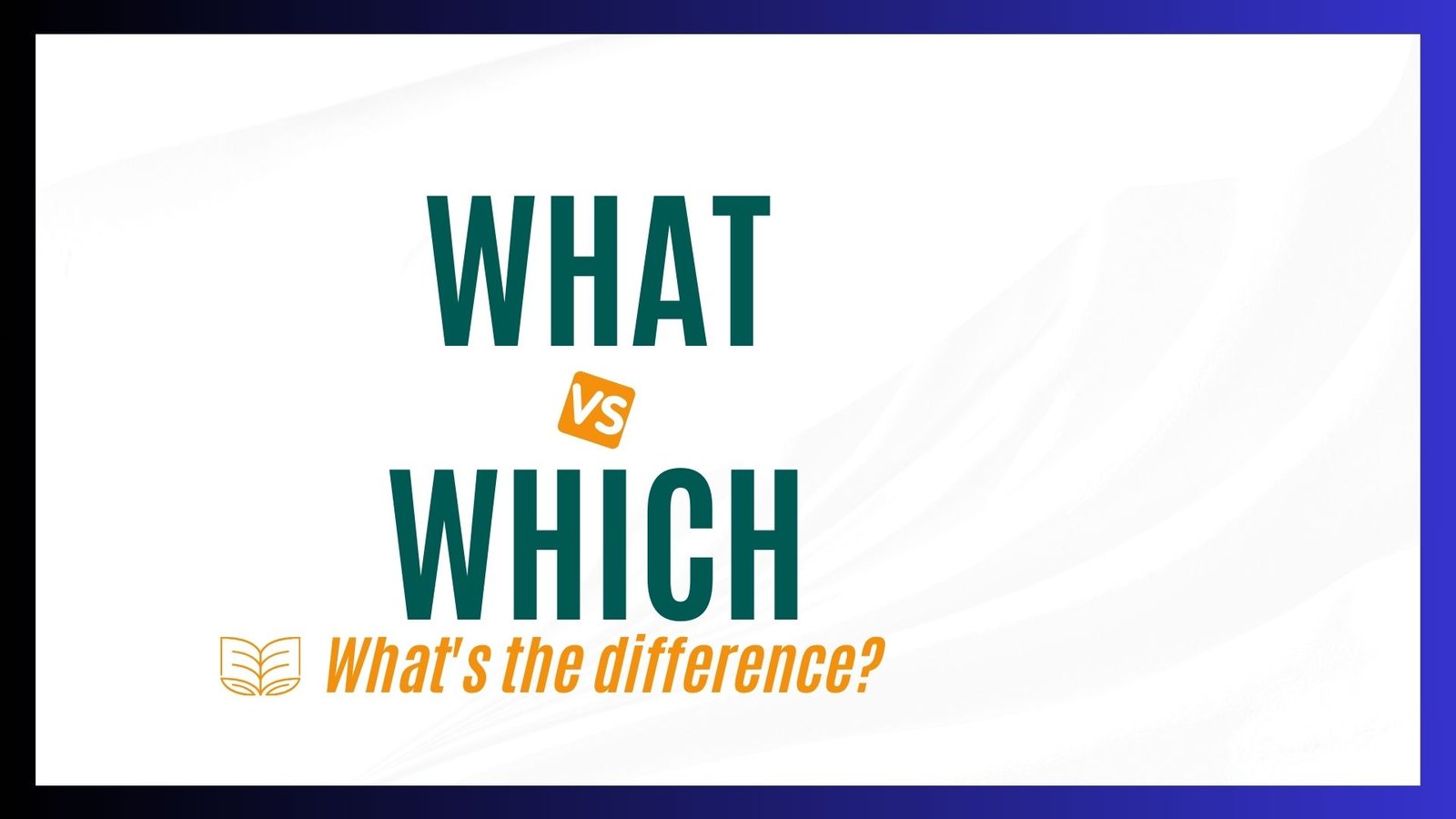

PETRA YVONNE ENGLISH
The European Union
- The European Union (EU) is a political and economic union of 27 members located primarily in Europe.
- It was officially established in 1993.
- The main objectives of the EU are to promote peace, stability and prosperity in Europe, to promote economic growth and employment.
Influential leaders in the EU history
Winston Churchill
- He was the first politician who came with the idea of a union.
- Winston Churchill was a British politician, statesman, and writer.
- He served as the Prime Minister of the United Kingdom.
- He is best known for leading the United Kingdom during World War II, and for his speeches and writings.
- People remember him for his words / quote: Never give up.
- He is also famous for his sarcastic humor (Lady Astor, a politician to Winston Churchill: ‘If you were my husband, I’d put poison in your coffee.’ Winston Churchill in his reply: ‘If you were my wife, I’d drink it.’)
- He is regarded as one of the greatest wartime leaders of the 20 th century.
- He was awarded the Nobel Prize in Literature.
- He famously used the ‘V’ for Victory sign during World War II as a symbol of defiance against Nazi Germany.
Robert Schuman
- Robert Schuman came up with the idea for this union.
- He was a French politician and served as Prime Minister of France.
- Many people consider him one of the founders of the European Union.
Key dates in the modern history of European Integration
- 1993: The European Union (EU) was officially established.
- 2002: The Euro became the common currency for 12 European countries.
- 2004 (May 1): The EU expanded the most ever, with 10 new countries joining, including Slovakia.
- 2009: Slovakia started using the Euro as its official currency in January.
- 2013: Croatia became the last country to join the EU.
- 2020: Brexit happened – the UK officially left the EU.
The main tasks of the EU
- Promote peace, stability, and prosperity in Europe.
- Create a single market with the free movement of goods, services, people within the EU.
- Create jobs, promote economic growth, reduces social and economic disparities among its member states.
- Protect the environment and to promote human rights, and public health.
- Cooperation and integration among European states, in the field of justice, education, and culture.
The main institutions of the EU
The European Union has several key institutions that work together to govern the EU.
The main institutions are:
- The European Parliament: It represents the citizens of the EU and has the power to approve or reject EU legislation. The parliament meets in Brussels, Belgium and Strasbourg, France.
- The European Commission: It is the executive body that proposes EU laws and is responsible for their implementation in EU countries.
- The European Court of Justice: It is located in Luxembourg and its role is to control keeping and respecting the law across all member states.
- The European Central Bank: The European Central Bank is responsible for maintaining the price stability in the Euro area and is located in Frankfurt, Germany.
The flag of the EU
- The flag of the European Union has a blue background with a circle of 12 gold stars.
- The stars are arranged in a circle, which represents equality, unity, and solidarity among EU countries.
- The number 12 is seen as a perfect number and has special meaning in European culture. You can see the number 12 in these examples:
– 12 zodiac signs,
– 12 months of the year,
– 12 apostles,
– 12 stars in the halo of the Virgin Mary and 12 hours on a clock face. - Even though the number of EU member countries can change, the number of stars on the flag will always stay the same.
The anthem of the EU
- The European anthem is Ludwig van Beethoven’s “Ode to Joy”.
- It is a musical composition and does not have lyrics.
EU’s program for education, training, youth and sport – Erasmus+
- Erasmus+ is a program that provides funding for education, training, youth, and sport activities.
- It provides opportunities for students, trainees, teachers, and youth workers to study, work, and volunteer abroad.
- The program also supports language development.
- Erasmus+ is named after the Dutch philosophers and humanist Erasmus of Rotterdam (1465-1536), who lived and worked in different parts of Europe. He said that traveling abroad was the best way to gain knowledge and experience.
Advantages of being a member of the EU
- EU citizens can travel freely within the EU. To cross the border of any European country, you need only your ID card or passport.
- Many countries in the EU use the common currency – the Euro. (but not all countries)
- EU citizens can study and work within the EU and also participate in Erasmus+ program that brings many benefits as well.
- EU citizens have the right to have their qualifications and skills recognized in other EU countries.
- EU citizens have access to healthcare. You just need the European Health Insurance.
- A driving license issued by an EU country is generally valid in all other EU countries. However, it’s recommended to check if there are any specific requirements or restrictions for the country you are traveling to.
- The EU provides financial support and regional development programs for developing and building new roads, motorways, hospitals, schools, etc.
Disadvantages of being a member of the EU
- Brain Drain – the situation in which large numbers of highly educated and skilled people leave their home country to live and work elsewhere, where they can get better pay and working conditions.
Factors that cause Brain drain include low salaries, poor working conditions, lack of job opportunities, poor quality of education.
An interesting fact: Malta is the smallest country in the European Union.
vocabulary
1. confederacy skzdruženie, zväzok
2. to govern skvládnuť
3. to establish / to set up skzaložiť
4. prosperity skprosperita, bohatstvo
5. roots skkorene
6. to suggest sknavrhnúť
7. speech skreč, prejav
8. sign skznak
9. never give up sknikdy sa nevzdávaj
10. poison skjed
11. to cooperate skspolupracovať
12. to join skpridať sa
13. enlargement skrozríšenie
14. including skvrátane
15. withdrawal skvystúpenie, ukončenie
16. to deal with skzaoberať sa
17. ensuring skzaistenie, zaručenie
18. justice skspravodlivosť
19. security skbezpečnosť

20. elected skvolený
21. responsible for skzodpovedný za
22. managing skhospodárenie, spravovanie
23. seat sksídlo
24. court of justice sksúdny dvor
25. law skprávo
26. executive body skvýkonný orgán
27. additional information skdoplnkové informácie
28. equality skrovnosť
29. perfection skdokonalosť, bezchybnosť
30. zodiac signs skznamenia zverokruhu
31. apostles skapoštoli
32. the Virgin Mary skPanna Mária
33. anthem skhymna
34. joy skradosť
35. to claim sktvrdiť
36. experienced skskúsený
37. knowledge skvedomosti
38. opportunity skmožnosť, príležitosť

39. borders skhranice
40. to improve skzlepšiť
41. driving licence skvodičský preukaz
42. common currency skspoločná mena
43. abroad skv zahraničí
44. available skdostupný
45. access to skprístup ku
46. cured skliečený
47. (to) support skpodpora, podporiť
48. brain drain skodliv mozgov
49. lack of sknedostatok
50. low salaries sknízke platy
51. representative skpredstaviteľ, reprezentant
52. to imprison skuväzniť
53. forbidden skzakázaný
54. influential skvplyvný
55. dishonest sknečestný
56. to vary sklíšiť sa, odlišovať sa
57. to negotiate skrokovať, dohodnúť

Share this with your friends👉
© 2025 Petra Yvonne English – English online







